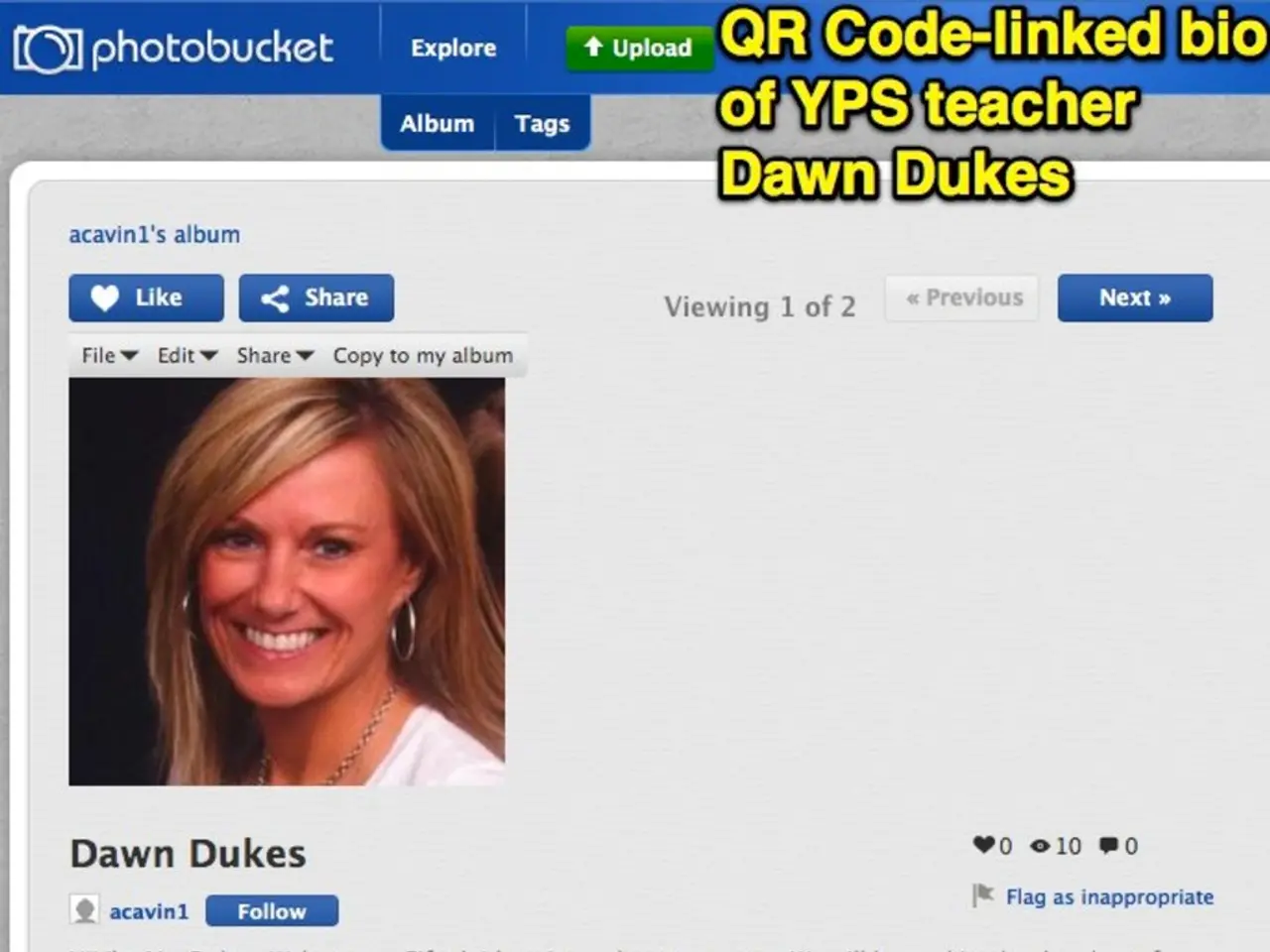Didi petitions Shah, advocating for robust measures against cybercrime
Indian states are increasingly recognising the challenges posed by provocative social media content and cybercrime, with West Bengal taking a leading role in addressing these issues. In a recent letter to Union Home Minister Amit Shah, West Bengal Chief Minister Mamata Banerjee emphasised the urgent need for stringent legislative and policy interventions to combat the rising influence of provocative content on social media and the growth of cybercrime.
In her letter, Banerjee highlighted the significant worsening of criminal tendencies among certain groups in society due to incendiary narratives, fake videos, and misleading stories circulating digitally. She stated that this content not only spreads misinformation but can inflame communal sentiments, incite violence, disrupt social harmony, and increase crimes against women.
Mamata Banerjee linked recent communal violence events in West Bengal, such as the large-scale riots in Murshidabad following protests related to the Waqf (Amendment) Act and clashes in Maheshtala near Kolkata, directly to the impact of provocative social media content.
The Chief Minister also raised alarm over the rising complexity and impact of cybercrime, including financial frauds, identity theft, harassment, and online defamation, which disproportionately harm vulnerable populations.
Banerjee's appeal is framed as a political and administrative call to action, highlighting how digital misinformation and cybercrime have deep and dangerous consequences for public order, social cohesion, and the democratic fabric of the state and country.
Although the specific search results focus on West Bengal, many Indian states are increasingly aware of the role of social media in exacerbating communal tensions and the rise of cybercrime. States often coordinate with central agencies to enforce cyber laws, monitor social media for hate speech, and train law enforcement in digital forensics.
West Bengal’s direct outreach to the Union Home Ministry signifies a push for strengthened central legislation and cooperation to manage these digital challenges more effectively. The focus is on protecting vulnerable sections of society from the harmful effects of provocative social media content and cybercrime. These groups are often less equipped to identify, counter, or recover from cybercrimes.
In summary, West Bengal, led by Mamata Banerjee, is actively addressing social media's provocative content and cybercrime through high-level appeals for stronger laws and enforcement, underscoring the severe social consequences already observed in the state. This reflects a growing recognition across Indian states of the urgent need to tackle misinformation and cyber threats through coordinated legislative and policy frameworks.
- In light of the increasing awareness about the role of technology in escalating communal tensions and the rise of cybercrime, various Indian states are now focusing on enhancing cybersecurity measures to protect vulnerable groups from the harmful effects of provocative social media content and cybercrime.
- The General-News and Crime-and-Justice sectors have become more intertwined as the West Bengal government, under the leadership of Mamata Banerjee, has emphasized the need for stringent legislative and policy interventions to combat the spread of misinformation and cybercrime, which not only poses a threat to public order but also disrupts social harmony and increased crimes against women.




